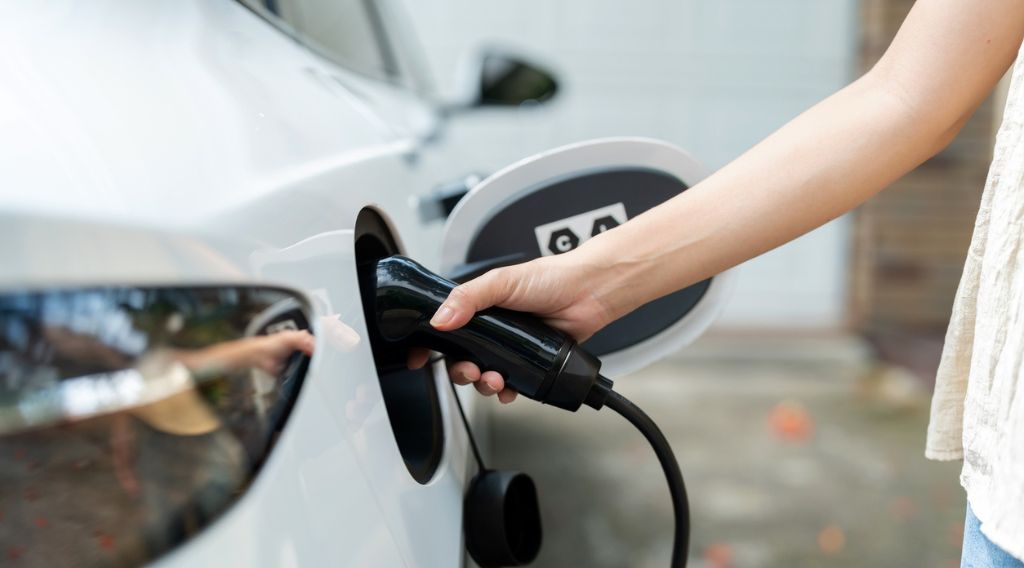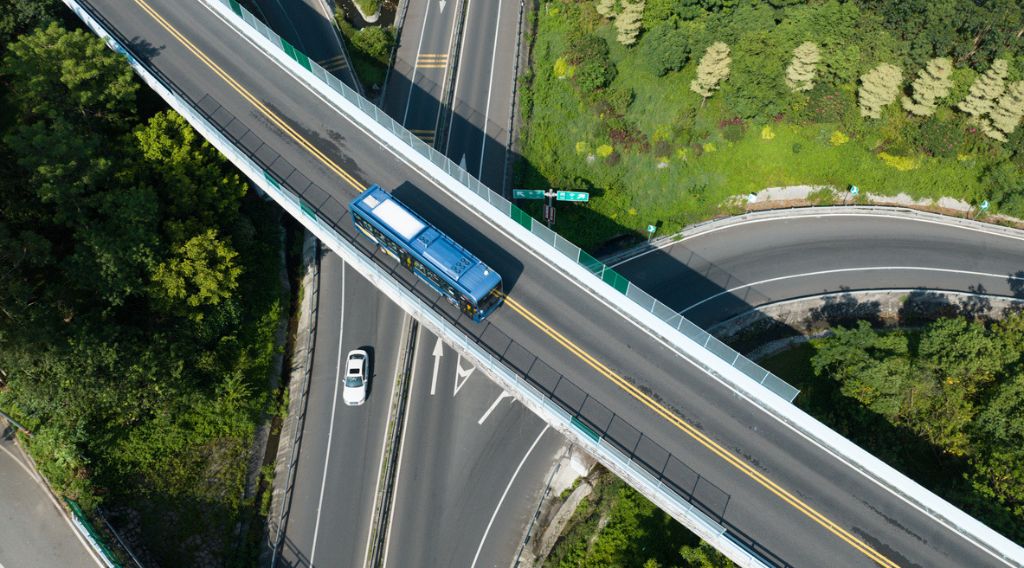
Despite the national and state momentum and the consistent support from the growing Future Fuels Coalition, the proposed Minnesota clean transportation standard did not pass during the state’s recently adjourned legislative session. Yet progress will continue this summer thanks to legislation requiring the establishment of a working group on a clean transportation standard in the state.
Growing momentum on a clean transportation standard
On March 6, Representative Jeff Brand (DFL) introduced House File 2602 and Senator Scott Dibble (DFL) introduced Senate File 2584 to establish a clean transportation standard in Minnesota. The policy has been gaining momentum at the national level, with a hearing in the Environment and Public Works Committee in February, and at the state level, with clean transportation bill introductions in Illinois, Minnesota, Michigan, New Mexico, New York, and Vermont during the 2023 session.
While the Future Fuels Coalition, which is led by GPI, has backed clean transportation legislation introduction for three consecutive years in Minnesota, HF2602 and SF2584 have yet to pass. However, thanks to the backing of a growing list of supporters, including biofuel producers, electric vehicle manufacturers, conservation organizations, utilities, and others, the legislature passed a provision requiring a clean transportation standard working group to convene this summer.
Clean transportation standard working group to meet over the next year
The legislation requires the commissioners of the Minnesota Pollution Control Agency, Department of Commerce, Department of Transportation, and Department of Agriculture to establish a working group to “study and address information gaps and opportunities related to a clean transportation fuel standard” that reduces the carbon intensity of transportation fuels in Minnesota to at least 25 percent below the 2018 baseline by 2030, 75 percent by the end of 2040, and 100 percent by midcentury.
The provision first appeared as a recommendation in Governor Walz’s supplemental budget and adopts the Clean Transportation Act’s emission reduction goals.
The working group will conduct its research and stakeholder engagement over the summer and fall, with appointments due by July 1, 2023. It will submit a report on its findings to the chairs of committees with jurisdiction over energy and transportation policy by February 1, 2024.
Looking ahead
The Future Fuels Coalition and other supporters of a Minnesota clean transportation policy will be working over the interim to prepare for the 2024 legislative session with the goal of passing the first Midwestern clean transportation standard.


